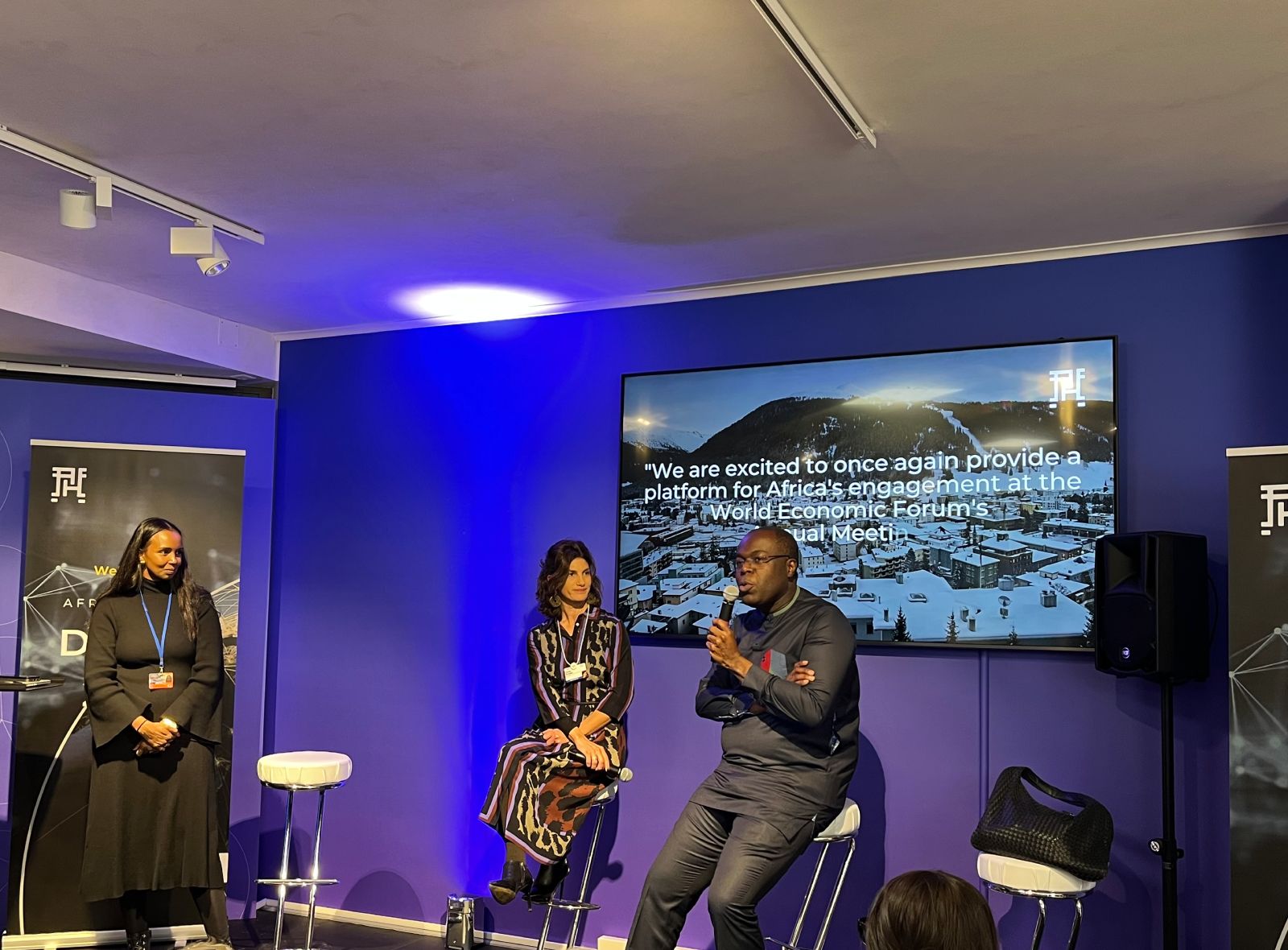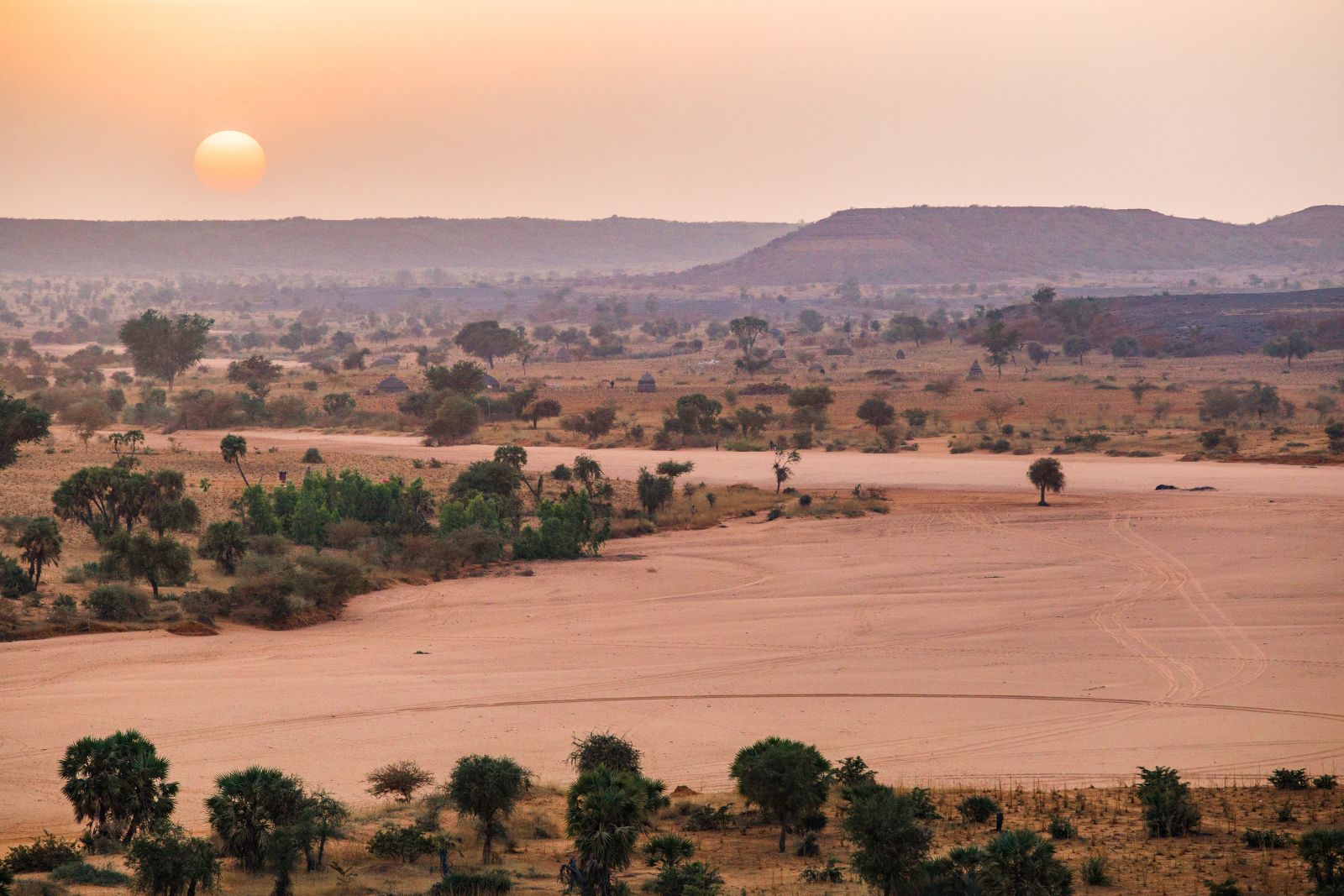
Launched in January 2023 at the World Economic Forum in Davos, the Alliance for the Great Green Wall was a bold initiative spearheaded by Regenopolis. It aimed to create a collaborative platform of mission-aligned organizations to unlock the untapped potential of regenerative value chains across the Sahel, by directly supporting ecopreneurs and linking them to global markets. The Alliance sought to become a service ecosystem bridging local regenerative efforts with global capital, expertise, and corporate demand.
Despite significant financial pledges and international momentum behind the Great Green Wall (GGW) initiative, local regenerative value chains have struggled to scale due to fragmented efforts, governance challenges, and limited private-sector engagement. The Alliance was born out of the 2022 strategic assessment co-led by Regenopolis for the World Economic Forum, which highlighted the critical role of high-impact tree crops (e.g. baobab, moringa, shea) and local SMEs in delivering both ecological regeneration and inclusive development. A systemic solution was needed to connect the dots—between supply and demand, capital and communities, potential and implementation.
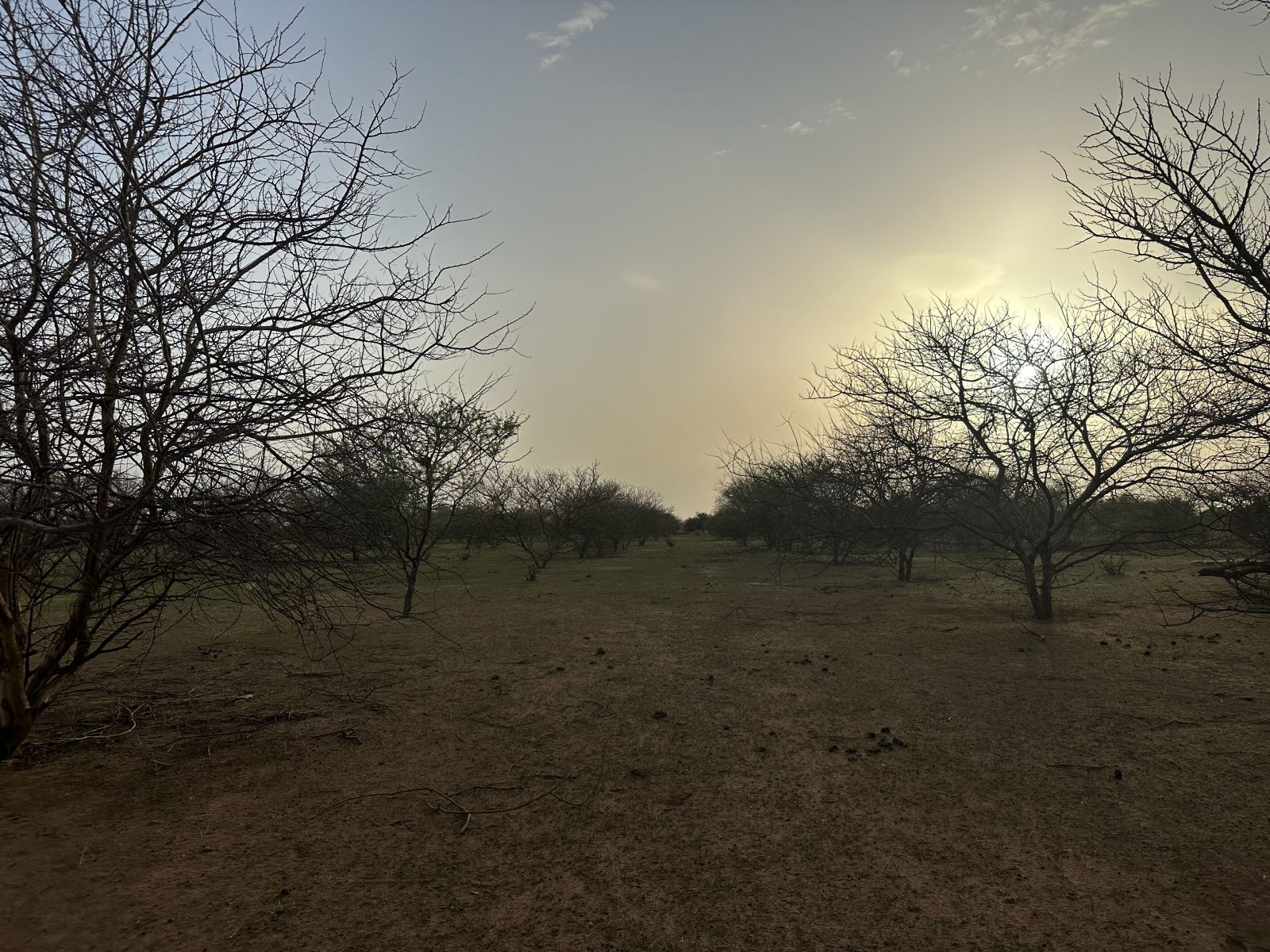
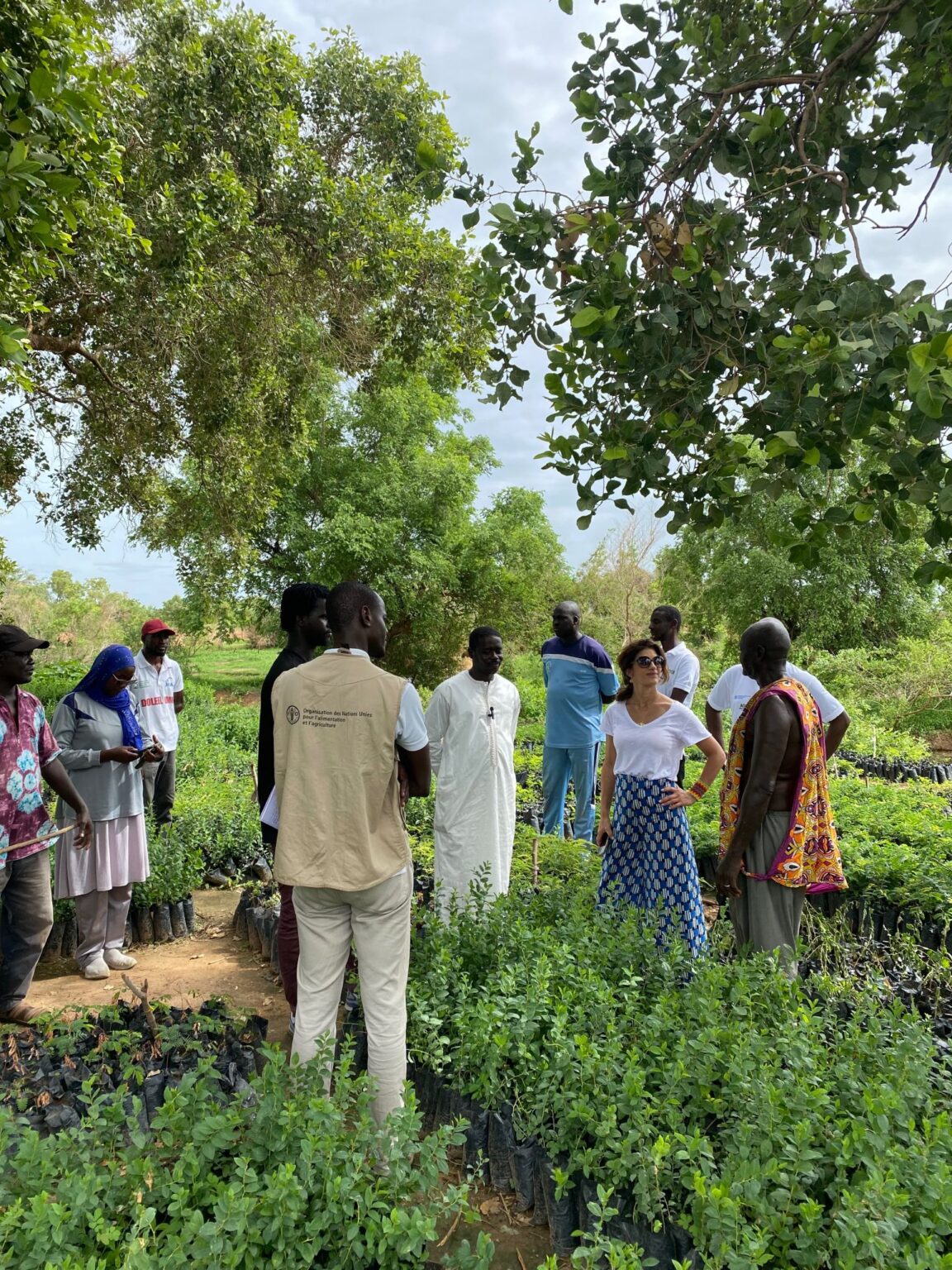

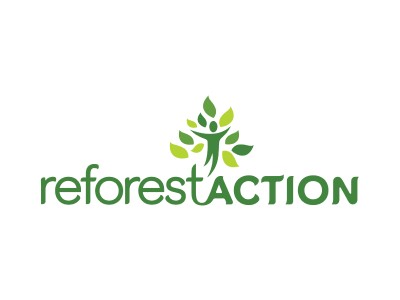
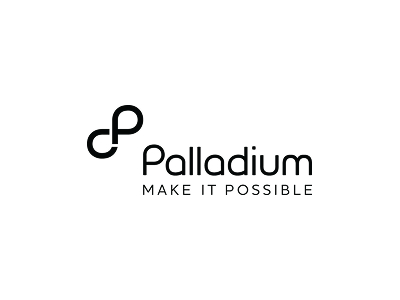
The project resulted in significant outputs and outcomes
